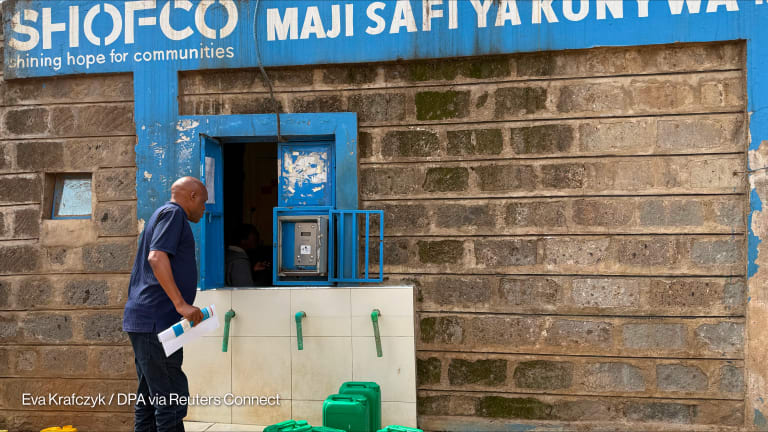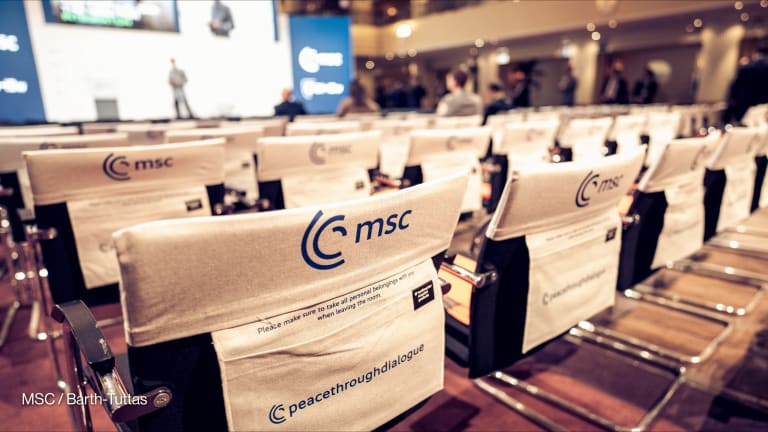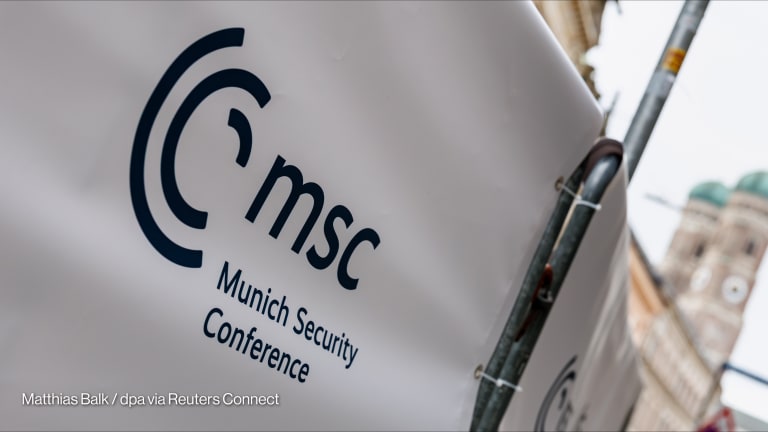The call to end 'abject humiliation' over development conferences
Almost 1,400 signatories from the global south have added their names to an open letter to funders calling out the “abject humiliation” many of them have faced when trying to get a visa to attend development conferences, and calling for five changes in how these events are run.
In recent years, high-profile development leaders from the global south have frequently faced barriers in attending events in the global north. The letter emerged from some of the most recent frustrations felt by several professionals who had been invited to two recent events in Copenhagen: the People Power Conference and the conference on supporting local partners in the humanitarian-development-peace nexus. Individuals from small African organizations found out that Denmark would not issue visas to people from their countries, and had to travel to another low-income country at their own expense.
“When this happened, we got together with the people who had openly talked about the problem, and we decided enough was enough,” Gunjan Veda, director of collaborative research, policy, and practice at the Movement for Community Led Development, one of the letter’s organizers, told Devex in a phone interview.
Search for articles
Most Read
- 1
- 2
- 3
- 4
- 5








